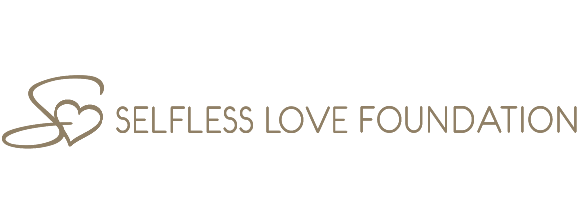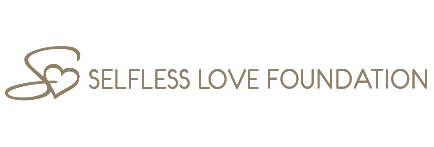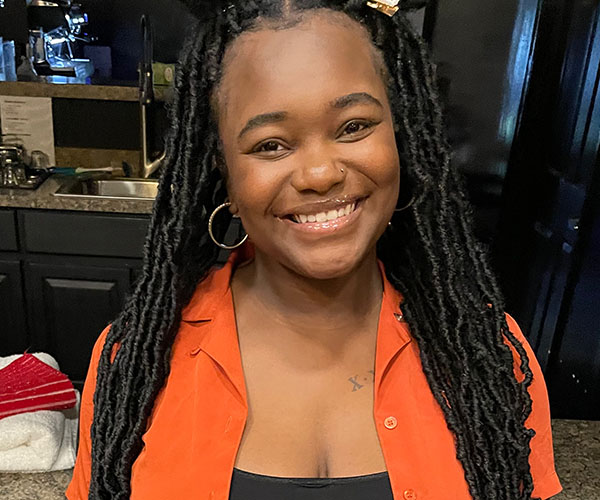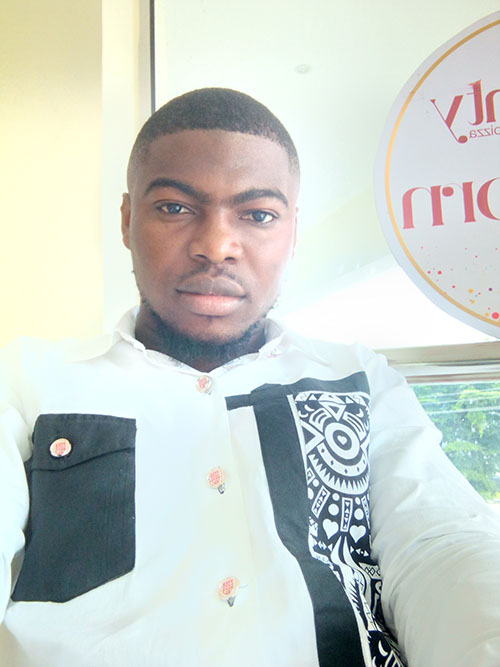
The most manipulative people on earth are babies. They cry when they are hungry. They cry when they are wet. They cry when they want to be held. Babies manipulate us to get their needs met. Babies cry to survive.
Youth in care manipulate us by behaving badly, making excuses, lying, and initiating power struggles. Young people who have endured a traumatic childhood have learned to manage their chaotic environment through these methods. Just like babies, manipulation has helped them get their needs met, it has helped them to survive.
According to Marshall Rosenberg, author of Nonviolent Communication: A Language of Life, every message, regardless of form or content, is an expression of a need.
Rosenberg says there are basically seven needs: Connection, Physical Well-Being, Honesty, Play, Peace, Autonomy, and Meaning. If we want to move beyond manipulation with youth involved in the foster care system, we need to practice observing without judgement. We need to teach our youth to identify their feelings and genuinely express them.
(Click the link to see NVC Needs Inventory) Most importantly, we need to be patient and empathetic with our youth as they work towards finding more effective ways to communicate and survive.
I know that understanding doesn’t make us feel less frustrated. The understanding may help for a moment, and then our emotions may erupt. You are human, with human emotions. You can feel frustrated, but you can also feel hopeful. You have the capacity to slow down and create a safe space for authentic communication and connection. And, always remember “it isn’t manipulation, it’s survival.”
Points to Ponder: What other methods have you used to help youth identify and express their needs? We love to share best practices, please email us at [email protected] and let us know your ideas.
************************************************************************************
Dr. Elizabeth Wynter is a rainmaker for transition age foster youth. Wynter’s work in this arena has helped launch a statewide youth voice movement, drive policy and practice improvements, and better equip system professionals and foster youth with tools and knowledge to achieve self-sufficiency.
Wynter believes that foster youth should be valued as organization assets. By using a pluralistic approach in which youth and systems professionals share control in decision making, program planning and implementation, and advocacy, a dual impact of improved outcomes for transitioning youth and a more responsive child welfare system can be realized.
As the Executive Director of the Selfless Love Foundation, Wynter has led the state of Florida in making youth engagement a centerpiece of conversation. With more than two decades of child welfare experience, an unwavering commitment to transform the system, and an ineffable capacity to challenge the status quo, Wynter is a catalyst for change.
Selfless Love Foundation’s youth voice initiative, One Voice IMPAACT (OVI), provides current and former foster youth with opportunities to develop skills for leadership and life, advocate for changes to policy, and join a network of youth leaders across the state of Florida.
This October, OVI is leading the initiative to make foster youth voices heard across the country. Get involved with Foster Youth Voice Month and help shift the perspective on how foster youth are viewed by the public and within the child welfare system. Click here to register your agency.







